Self-help of Jews in Vilnius. Alternatives to Philantropy and “Culture of Welcoming”
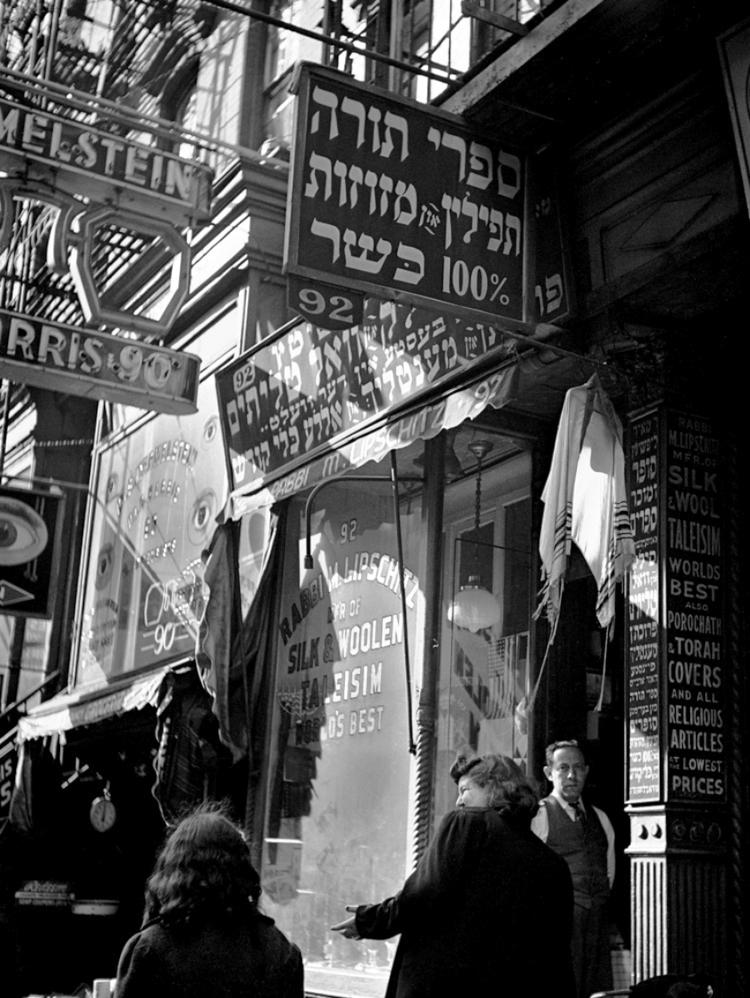
Rivke Zilberg and the Council of Jewish Charity Women
In her work “A Jewish Refugee in New York” Kadya Molodowsky presents the life of the twenty-year-old refugee from Lublin Rivke Zilberg in New…
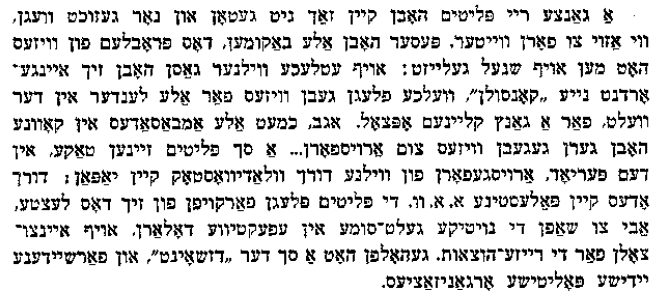
Mendel Balberyszski on the difficult decision to keep fleeing
Mendel Balberyszski (1894-1966) was born in Vilnius but had been living in Łódź for over a decade at the outbreak of the Second World…
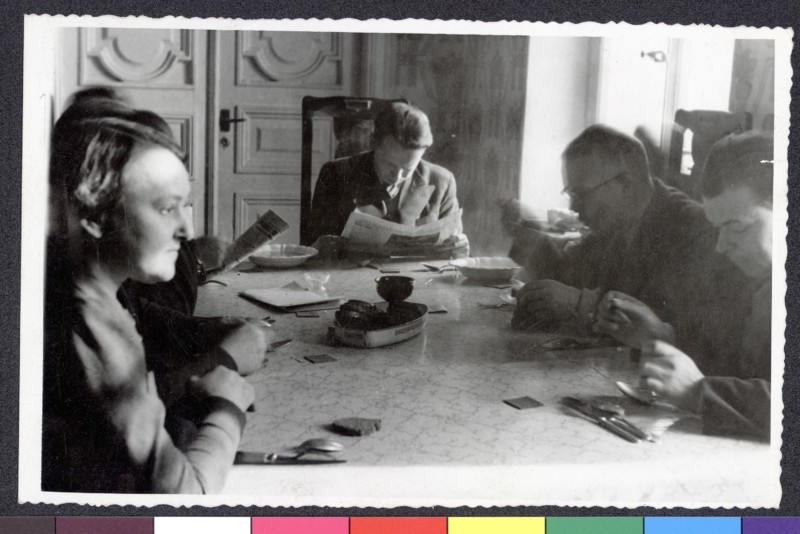
Food for Thought
Polish-Jewish refugee journalists and writers having dinner in their dormitory in Sadowa Street 9, 1939/40.
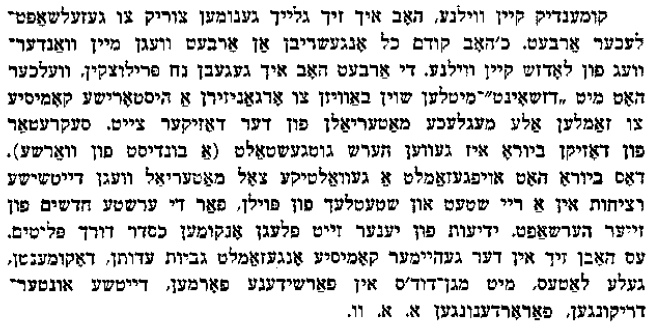
Mendel Balberyszski on migratory resistance in documentary form
Mendel Balberyszski (1894-1966) was born in Vilnius but had been living in Łódź for over a decade at the outbreak of the Second World…
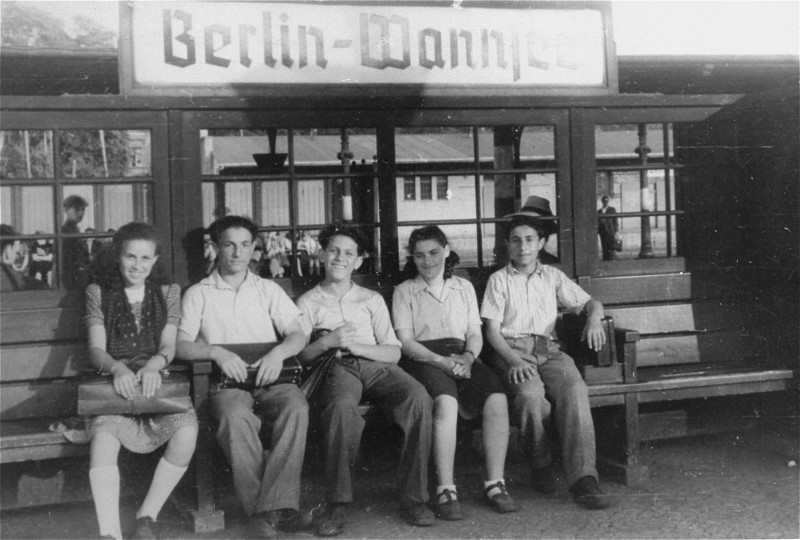
D.P.s or P.D.s
An unknown author writes in a DP camp magazine about the shortcomings of just having a single term for all displaced persons.
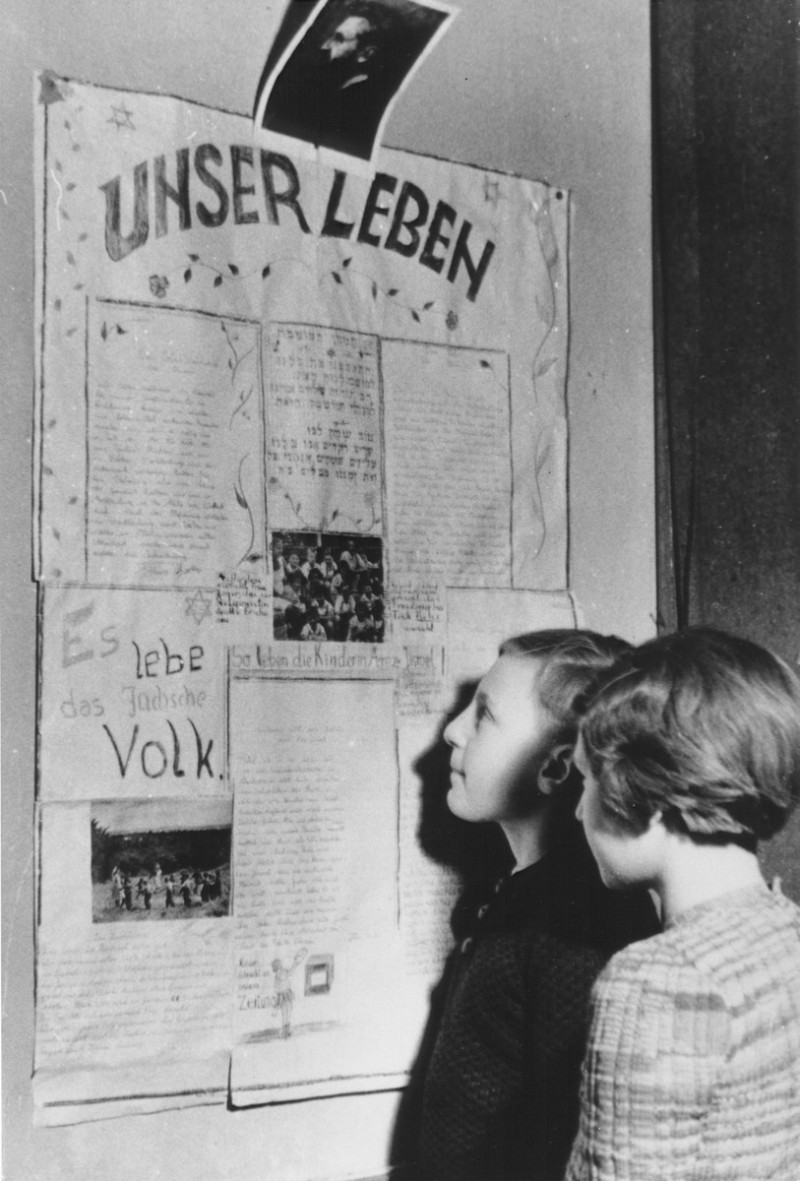
Survived. But not save.
An unknown author describes the barriers that stand in the way of those who want to emigrate.
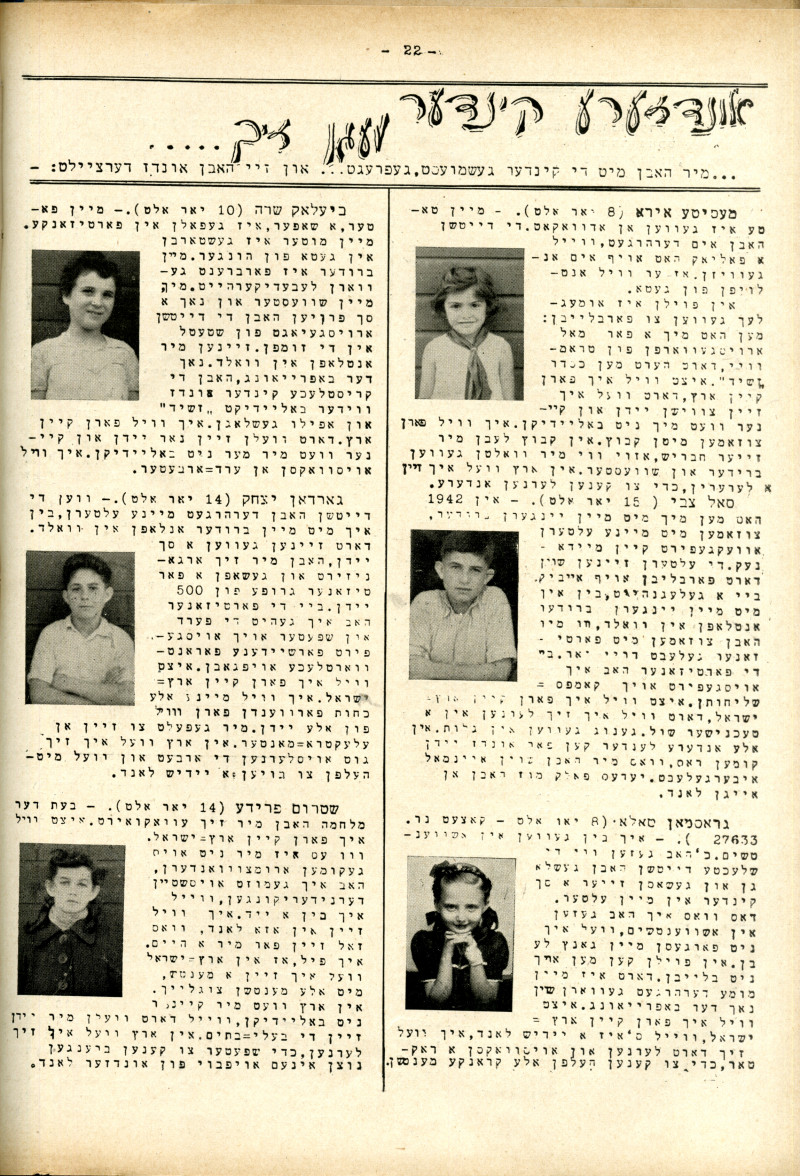
Shaped by War
A 15-year-old boy writes in the DP camp newspaper Undser Lebn about his experiences in the war and his demand for the establishment of…
Jewish Self-Help in Zbąszyń and its Legacies
A letter from Emanuel Ringelblum to Raphael Mahler
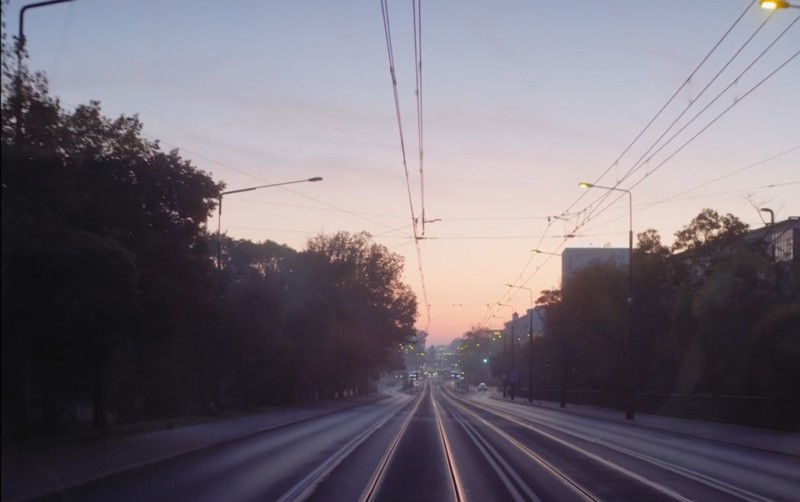
Escape to Vilnius – The Journalist Train
Shortly after the German attack on Poland on September 1, 1939, it was decided within the first week of the war that the Polish government was to be withdrawn eastbound as Warsaw was threatened. The Polish press, among them representatives of the Jewish Polish press, was to be rescued as part of the evacuation plans.
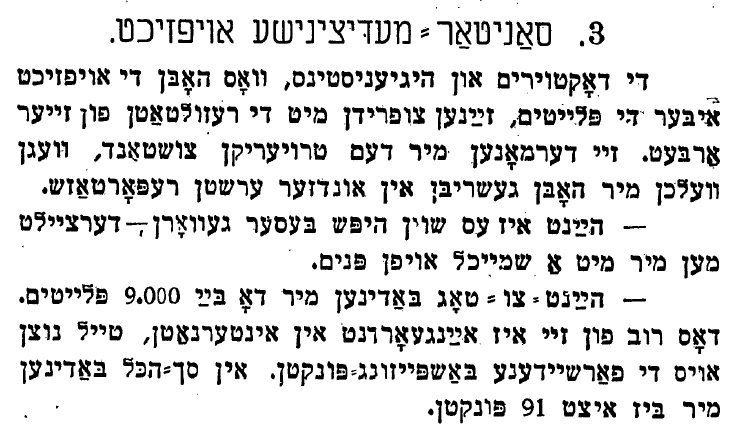
Herman Kruk on medical care and hope
Herman Kruk was a refugee from Warsaw who wrote reports on the refugee situation in Vilnius for the Yiddish magazine Folks-gezunt (Public Health) of…
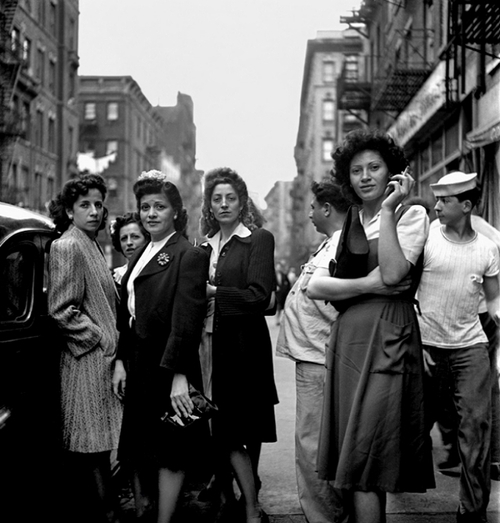
Rivke Zilberg’s first Dollar in New York
In her work “A Jewish Refugee in New York” Kadya Molodowsky presents the life of the twenty-year-old refugee from Lublin- Rivke Zilberg in New…
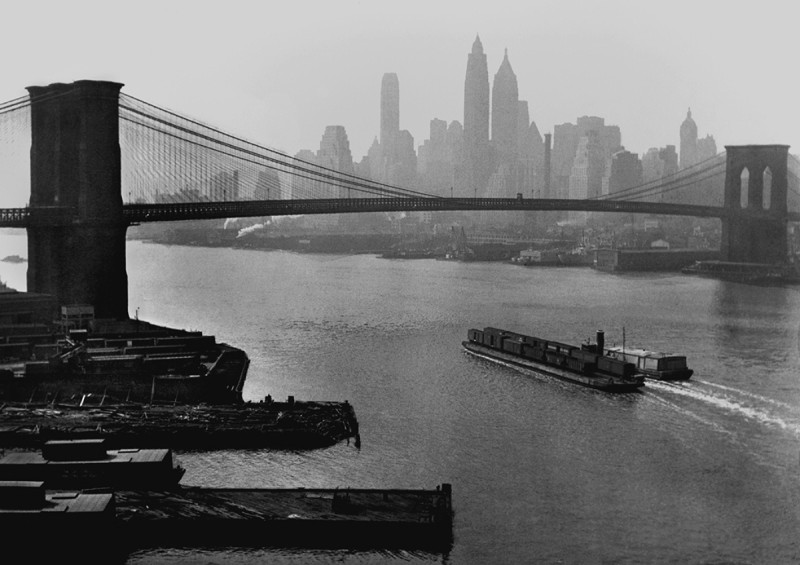
Leo Glueckselig: Escape from Austria and Arrival in New York
Leo Glueckselig was born in 1914 in Vienna, in the 2nd district. In 1938, immediately after the “Anschluss” of Austria to the Reich, Glueckselig…
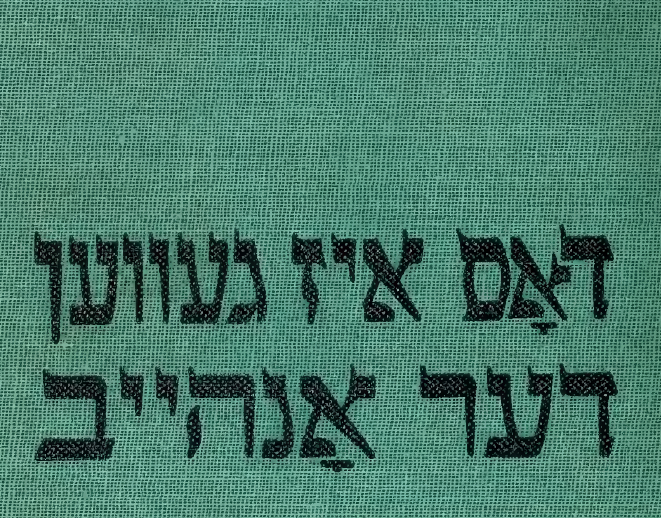
Pinkhas Shvarts on the attempted flight from Warsaw
On the night of September 5 to September 6, 1939, only a few days after the German attack on Poland, a group of Jewish…
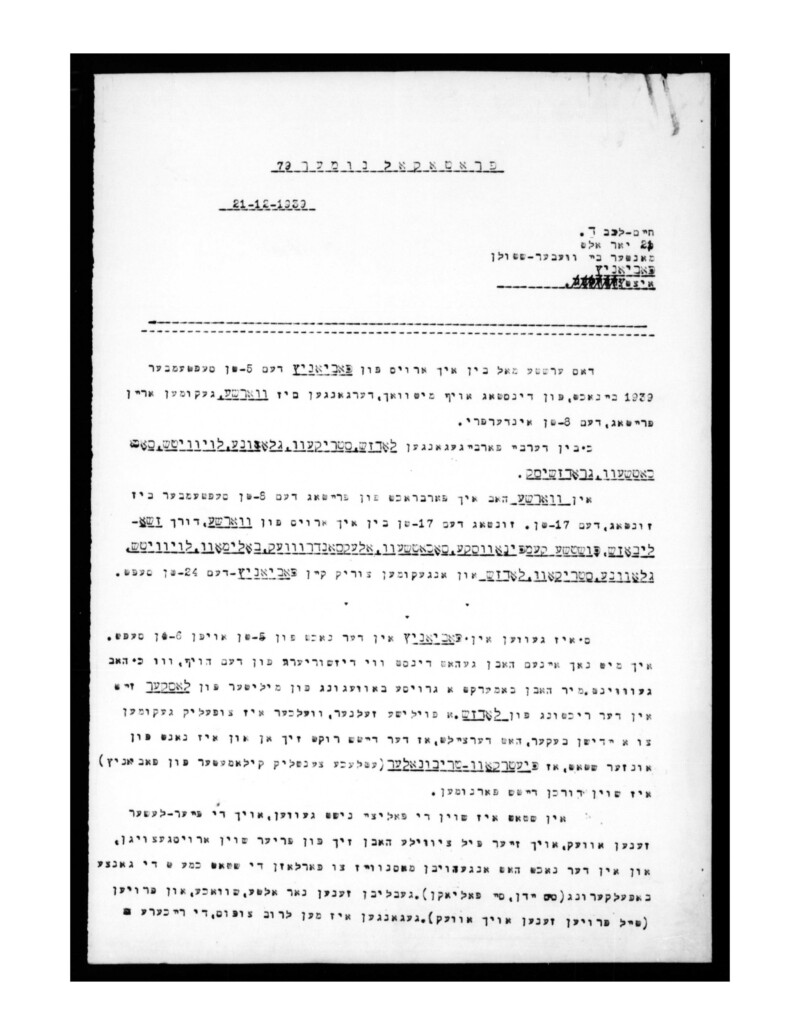
Protocol 79: Interview with Chaim-Leyb D. about his flight through Poland to Vilnius, December 1939
On 21 December 1939, Chaim-Leyb D. was interviewed by the “Committee to Collect Material about the Destruction of Polish Jewry 1939” about his flight…
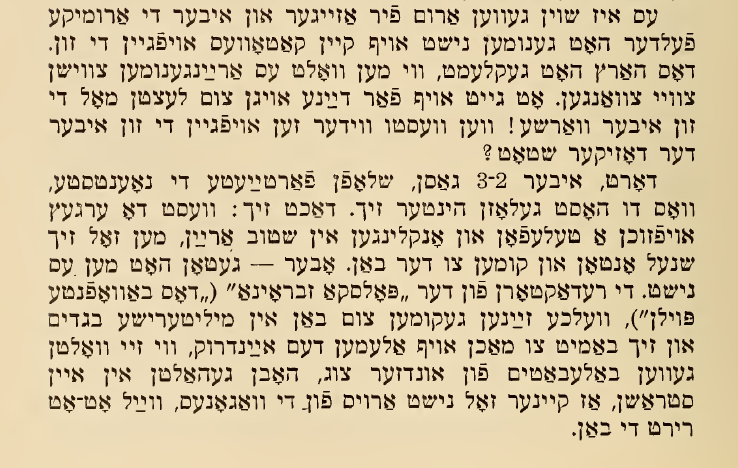
Pinkhas Shvarts between fears and (self-)reproaches on the run
On the night of September 5-6, 1939, just a few days after the German attack on Poland, a group of Jewish journalists and writers…
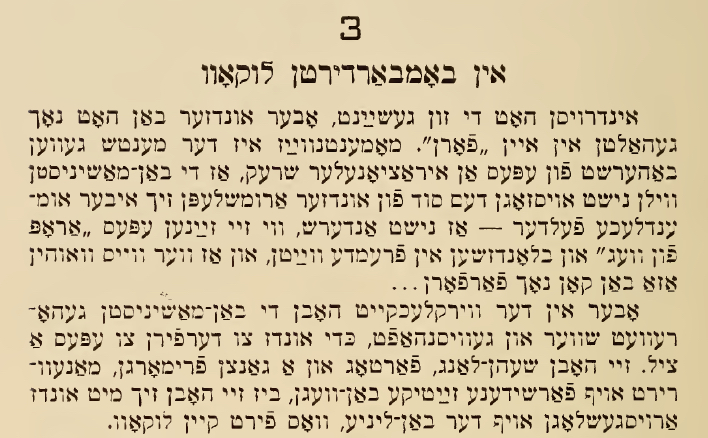
Pinkhas Shvarts about bombings during his flight
On the night of September 5-6, 1939, just a few days after the German attack on Poland, a group of Jewish journalists and writers…
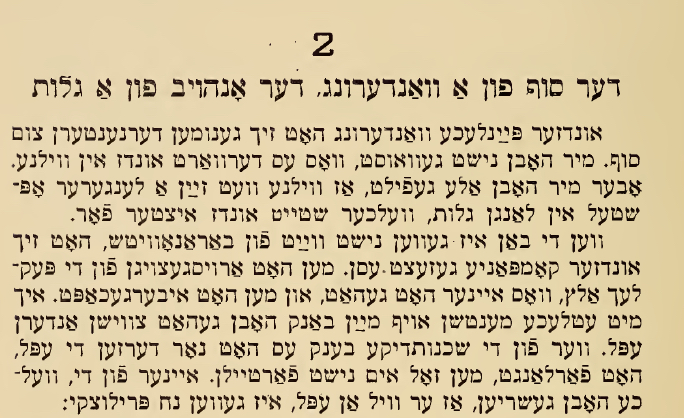
Pinkhas Shvarts about his arrival in Vilnius
On the night of September 5-6, 1939, just a few days after the German attack on Poland, a group of Jewish journalists and writers…
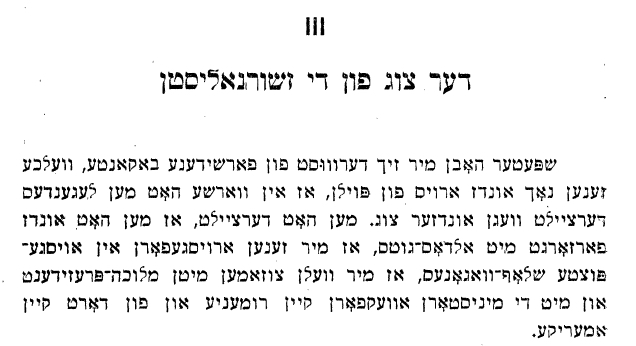
Zusman Segalovitsh’s reflections on flight
On the night of September 5-6, 1939, only a few days after the German attack on Poland, a group of Jewish journalists and writers…
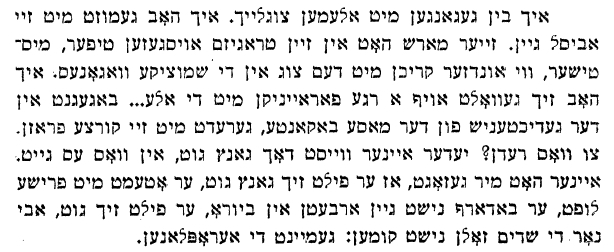
Zusman Segalovitsh describes the immense flight movement in Poland, September 1939
On the night of September 5-6, 1939, only a few days after the German attack on Poland, a group of Jewish journalists and writers…
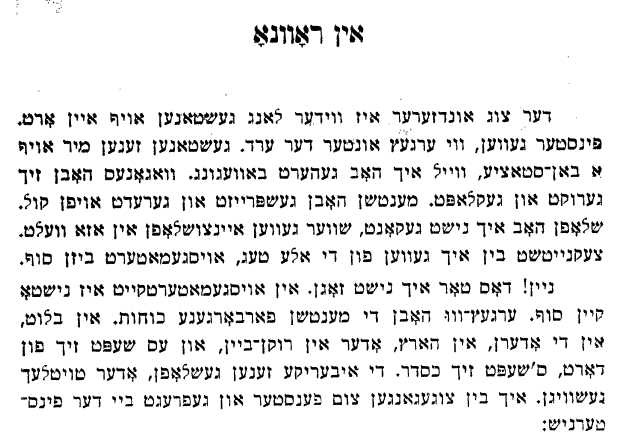
Zusman Segalovitsh about refugeedom in the stopover Równo
On the night of September 5-6, 1939, only a few days after the German attack on Poland, a group of Jewish journalists and writers…
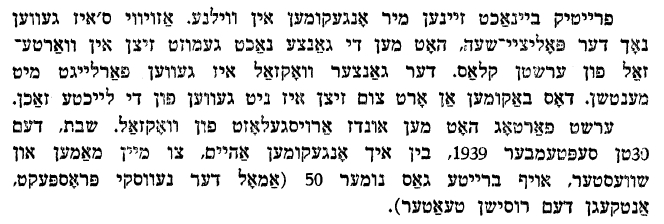
Mendel Balberyszski on the arrival in Vilnius 1939
Mendel Balberyszski (1894-1966) was born in Vilnius but had been living in Łódź for over a decade at the outbreak of the Second World…
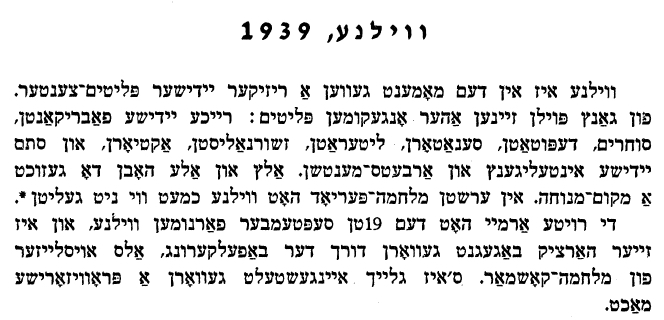
Mendel Balberyszski on the refugee situation in Vilnius, 1939
Mendel Balberyszski (1894-1966) was born in Vilnius but had been living in Łódź for over a decade at the outbreak of the Second World…
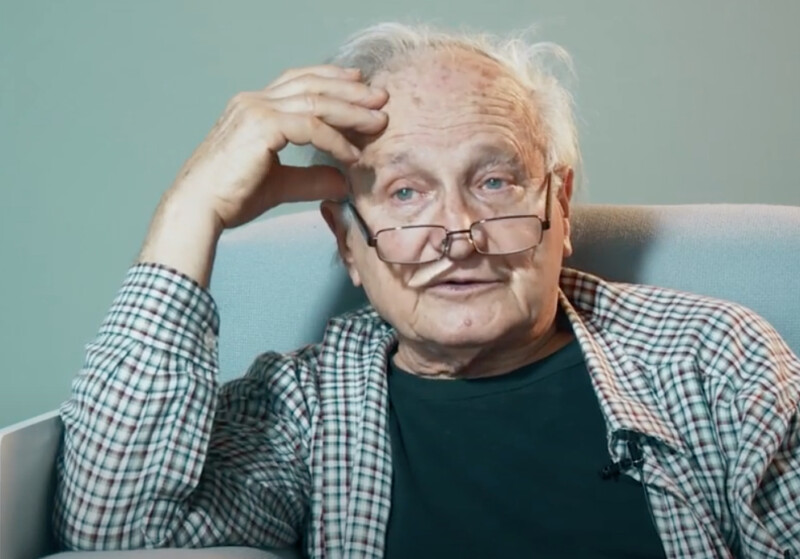
Marcel Weyland’s report about his family’s flight from Łódź via Vilnius to Japan
Marcel Weyland (born 1927 in Łódź) survived the Holocaust thanks in part to Sugihara Chiune (1900-1986), the Japanese consul in Kaunas. Thanks to him,…
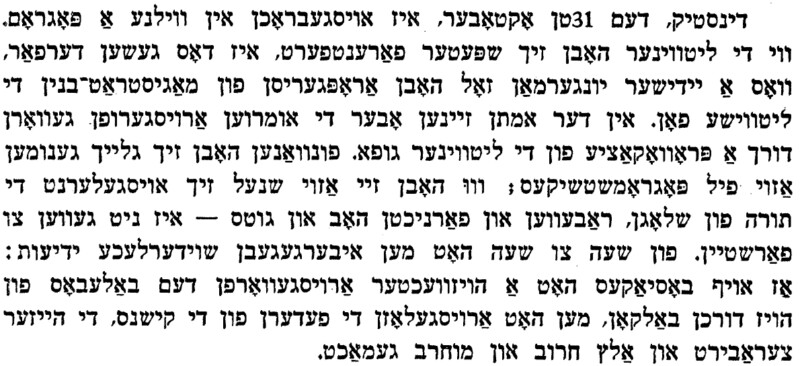
Mendel Balberyszski: Pogrom in Vilnius, October 1939
Mendel Balberyszski (1894-1966) was born in Vilnius but had been living in Łódź for over a decade at the outbreak of the Second World…

Mendel Balberyszski on his relief work in Vilnius
Mendel Balberyszski (1894-1966) was born in Vilnius but had been living in Łódź for over a decade at the outbreak of the Second World…

Mendel Balberyszski on arriving, ties backward, new beginnings and the desire to flee further
Mendel Balberyszski (1894-1966) was born in Vilnius but had been living in Łódź for over a decade at the outbreak of the Second World…
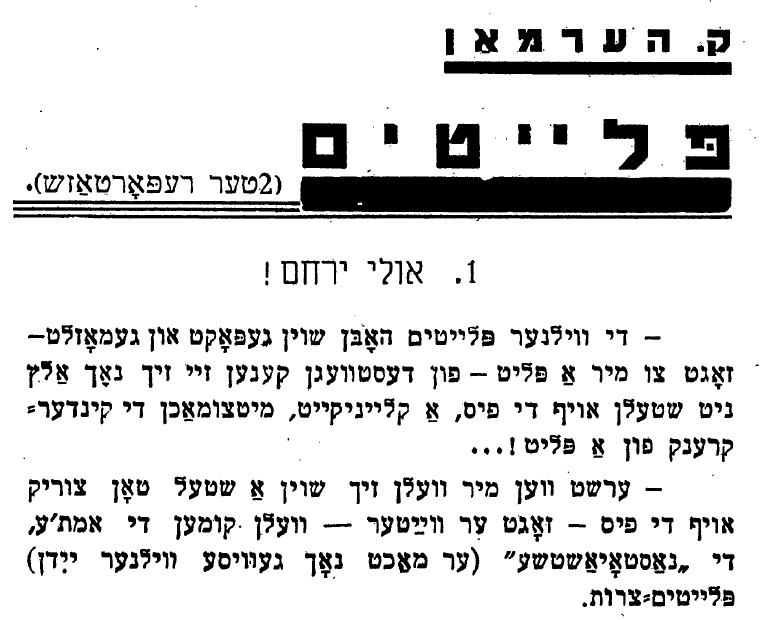
Herman Kruk on “teething troubles” and other refugee concerns
Herman Kruk was a refugee from Warsaw who wrote reports on the refugee situation in Vilnius for the Yiddish magazine Folks-gezunt (Public Health) of…
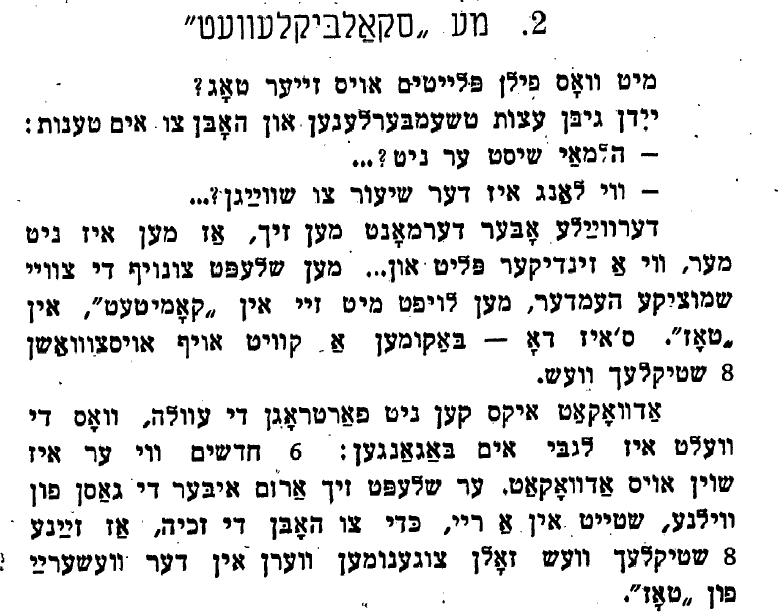
Herman Kruk on sarcasm in the wash house run by and with refugees
Herman Kruk was a refugee from Warsaw who wrote reports on the refugee situation in Vilnius for the Yiddish magazine Folks-gezunt (Public Health) of…
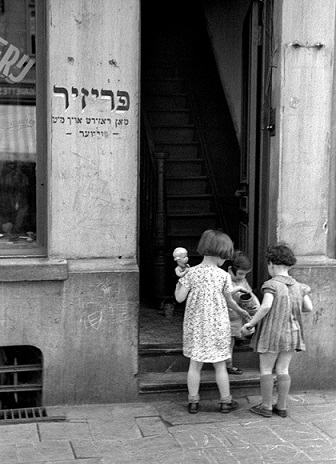 5
5
Jewish Quarters in Paris and Antwerp, photographed by Fred Stein
Fred Stein (1909-1967) began to make photography his profession after his escape from Nazi Germany to Paris in 1933. On his photographic wanderings he…
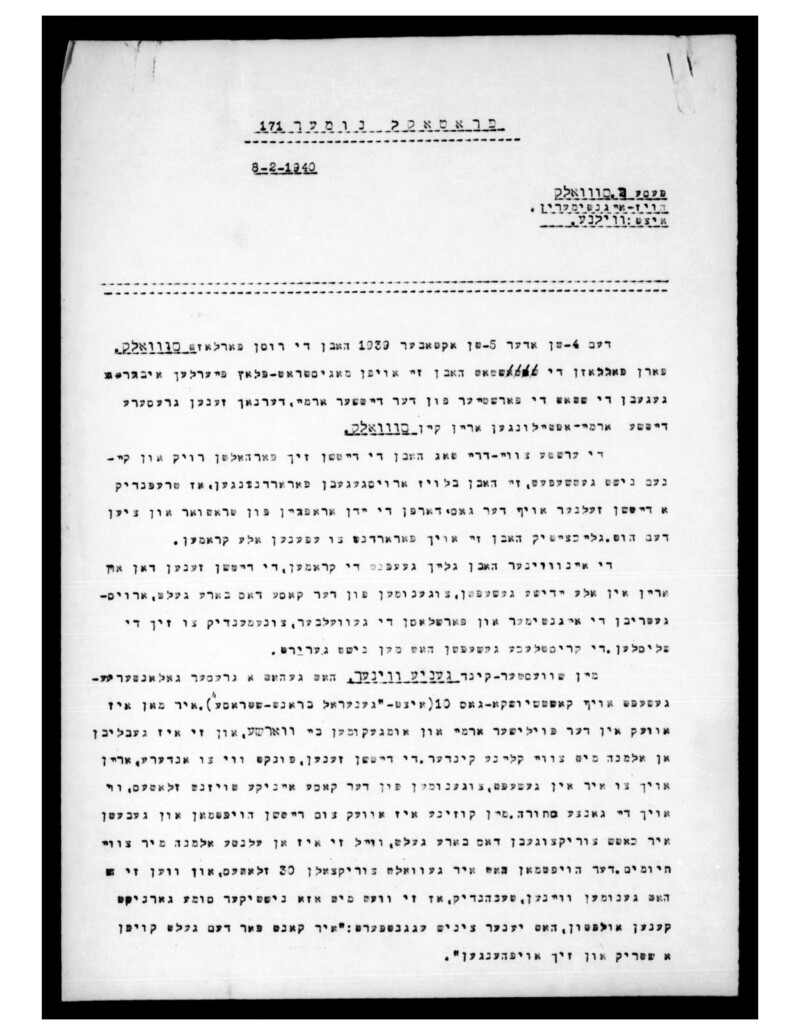
Protocol 171: Pese’s flight through the No Man’s Land, February 1940
On 8 February, 1940, Pese R. entered the office of the “Committee to Collect Material about the Destruction of Polish Jewry, 1939” in Vilnius,…
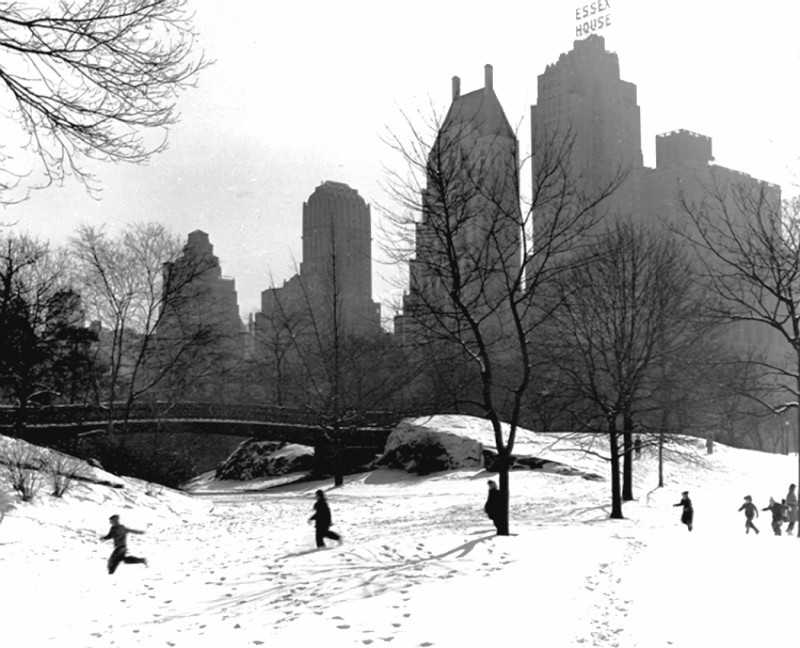
Rivke Zilberg’s first New Year in New York
The author of the novel “A Jewish Refugee in New York” Kadya Molodovsky is one of the most important Yiddish poets of the mid-20th…
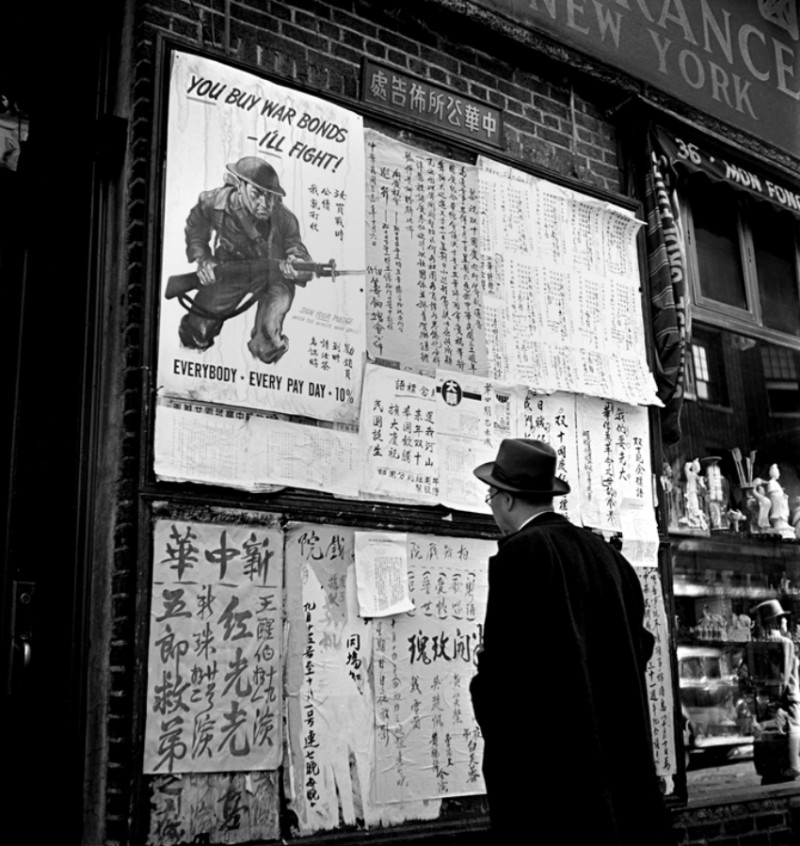
Rivke Zilberg’s one “comfort” in New York
The author of the novel “A Jewish Refugee in New York” Kadya Molodovsky is one of the most important Yiddish poets of the mid-20th…
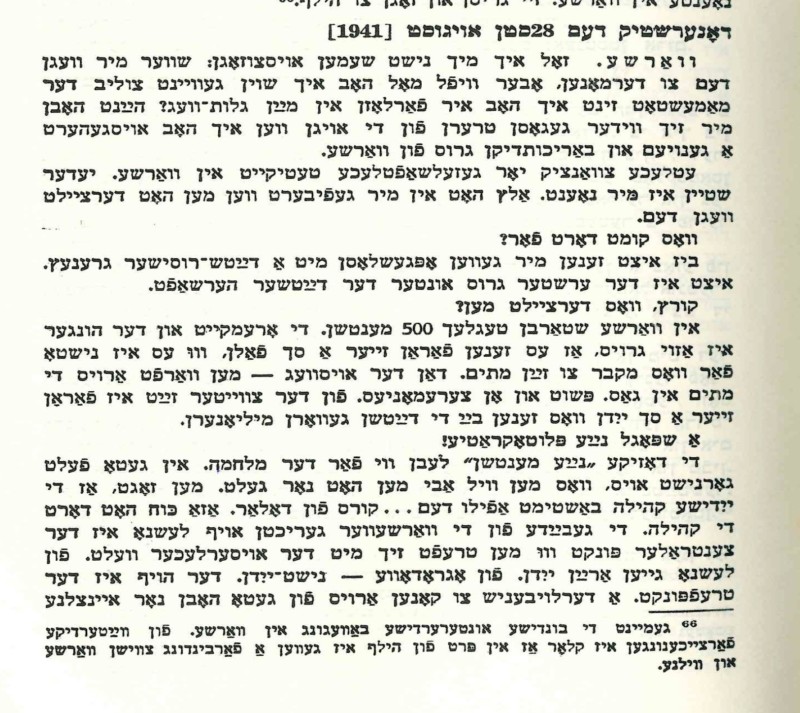
Herman Kruk about Warsaw
Herman Kruk writes about his pain facing the catastrophic war situation in his chosen hometown Warsaw.
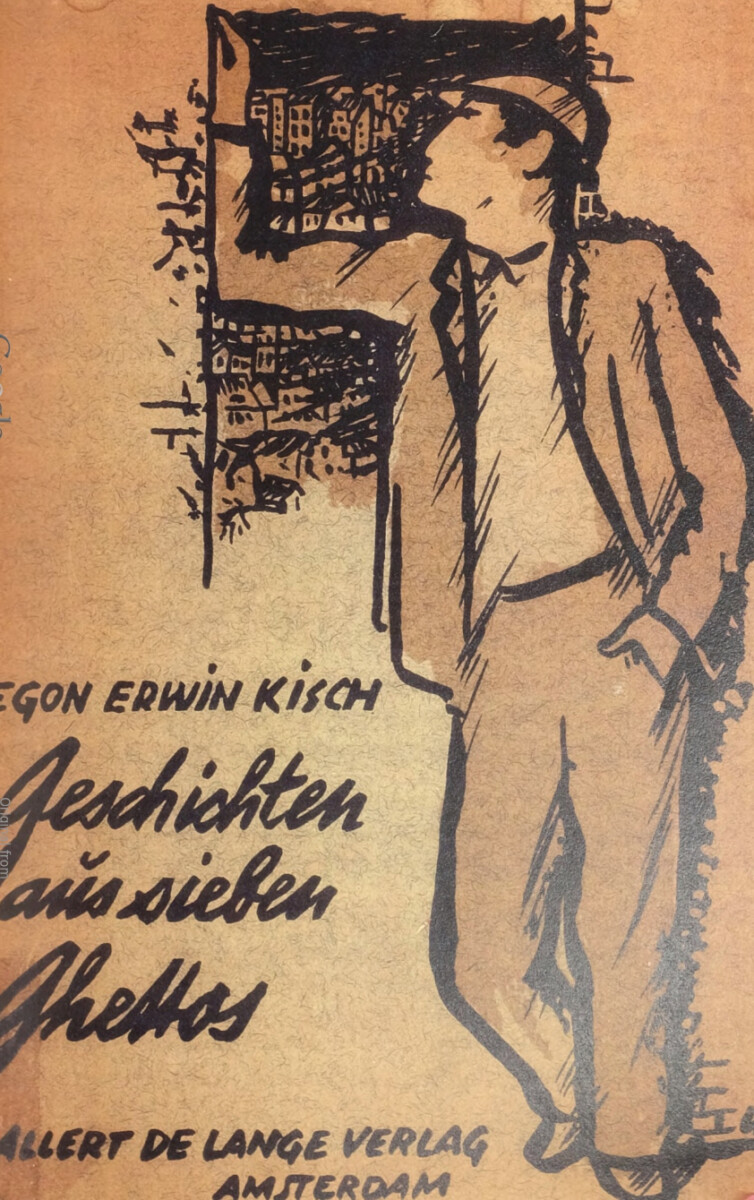
Erwin Kisch on the Parisian “Ghetto”
The Austrian-Jewish (later Czechoslovakian) writer, journalist and reporter Egon Erwin Kisch (1885-1948), with his literary reportage “Notizen aus dem Pariser Ghetto” (Notes from the…
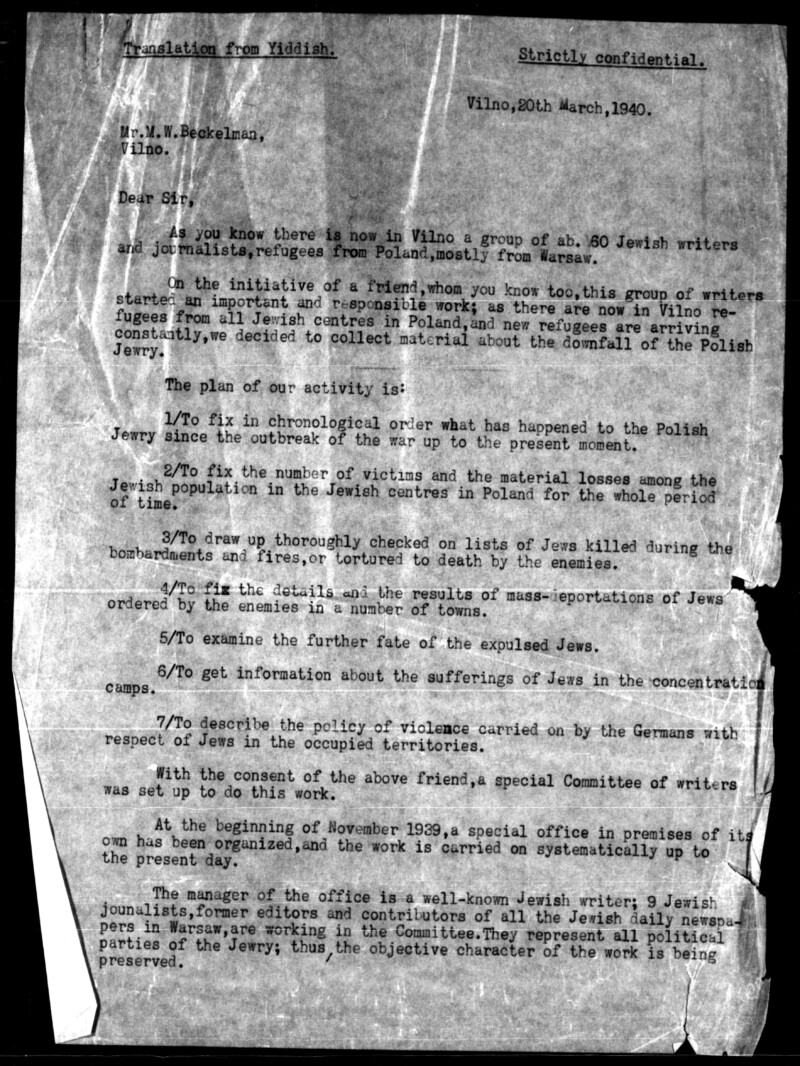
Grant Proposal by the Komitet, 20 March 1940, Vilnius
In November 1939, a group of Polish-Jewish refugee writers and journalists formed the “Committee to Collect Material about the Destruction of Polish Jewry 1939”…
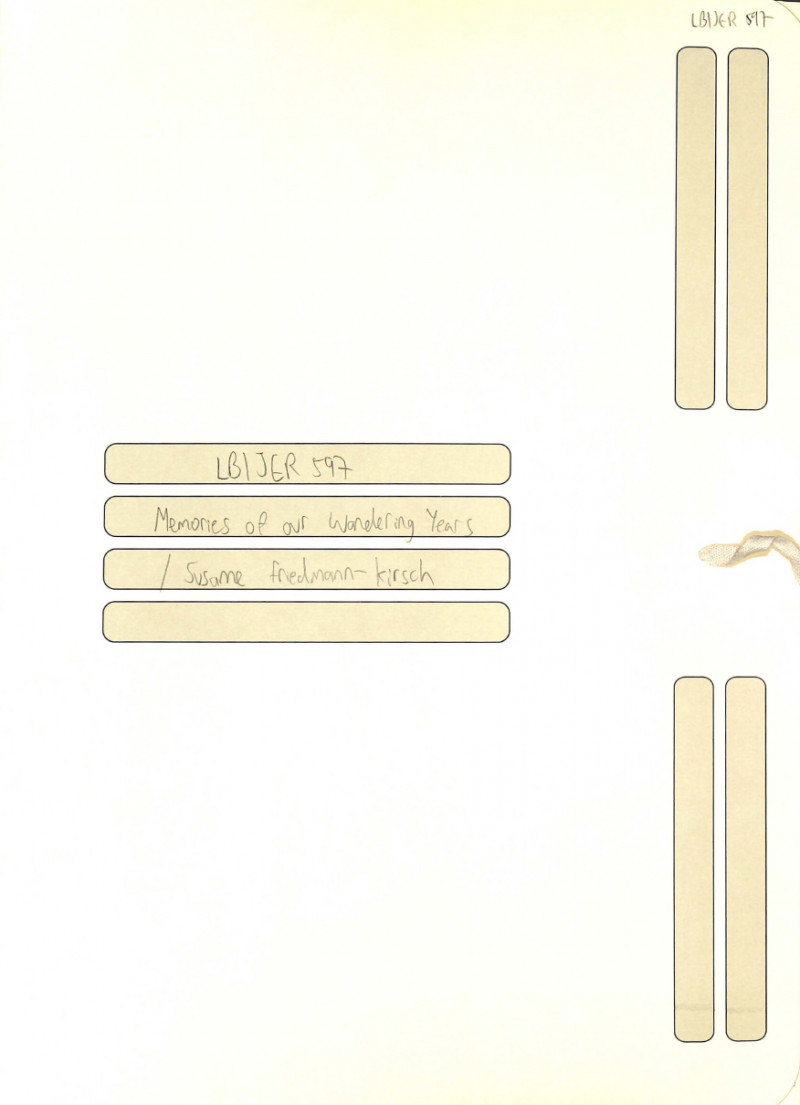
After Istanbul: Arrival, Internment and Settling In in British Mandate Palestine
In her 1984 memoirs, Susanne Friedmann-Kirsch (born 1926) describes her family’s flight migration – a “three-year odyssey” – from Vienna after the Anschluss in…
“Exhausted, frozen and only half alive.” The Suwałki No Man’s Land
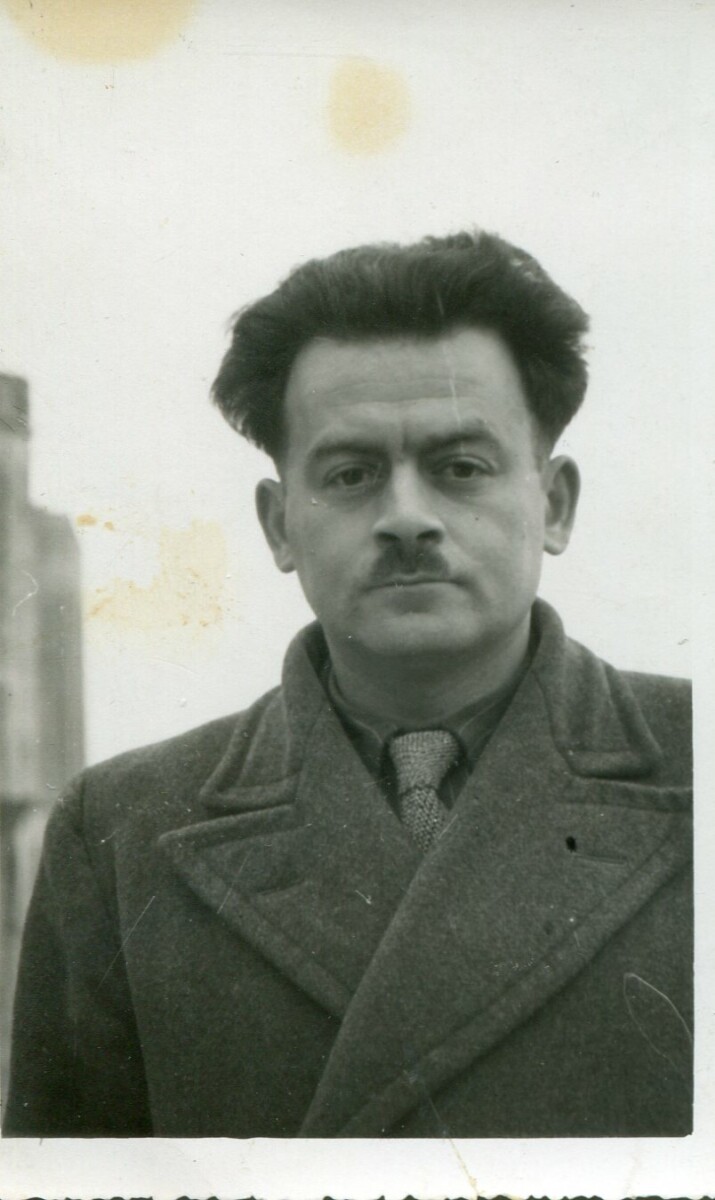
Max Diamant on Escape Aid in Lisbon
In an audio contribution from 1983, Max Diamant tells how he organized escape aid from Lisbon in cooperation with the Emergency Rescue Committee led…
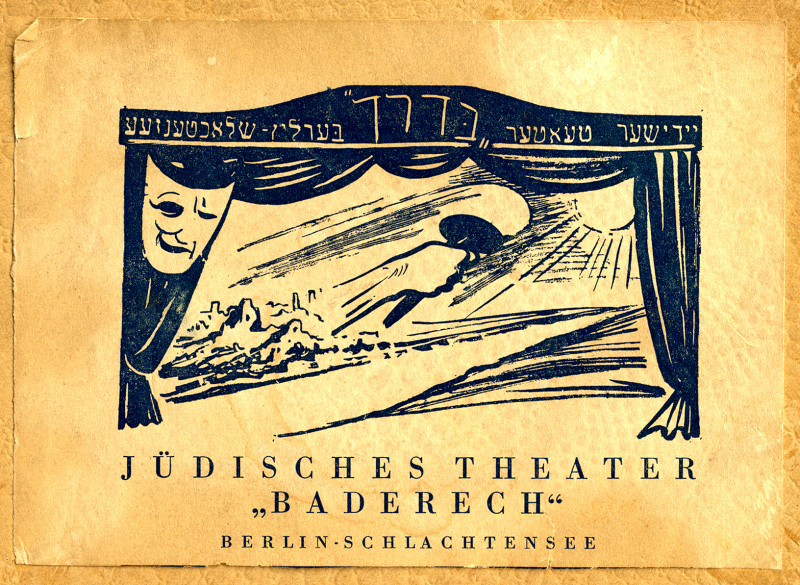
A Right to be Individual
The DP theatre group “Baderech” announces its formation.

Live On
Letter from the Nothmann family from the reception camp in Berlin-Wittenau to relatives.
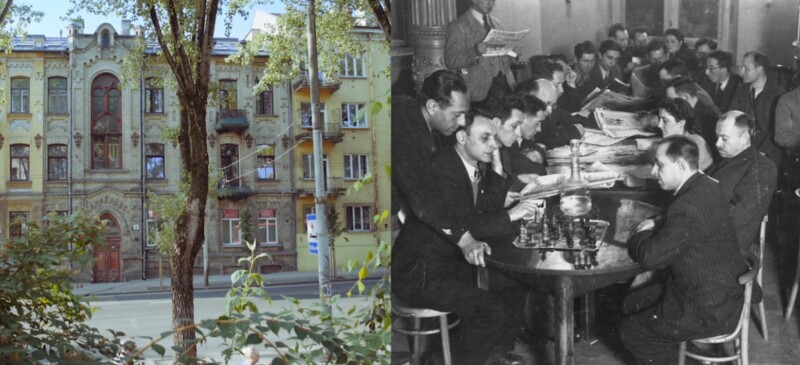
Vilnius, Refuge?
Among the more than 10,000 Jews who were stranded in Vilnius in the fall of 1939 there was the librarian and political activist Herman Kruk from Warsaw. His exceptional diary records and press reports sketch a mosaic of the heterogenous society of refugees in Vilnius since the beginning of the war.
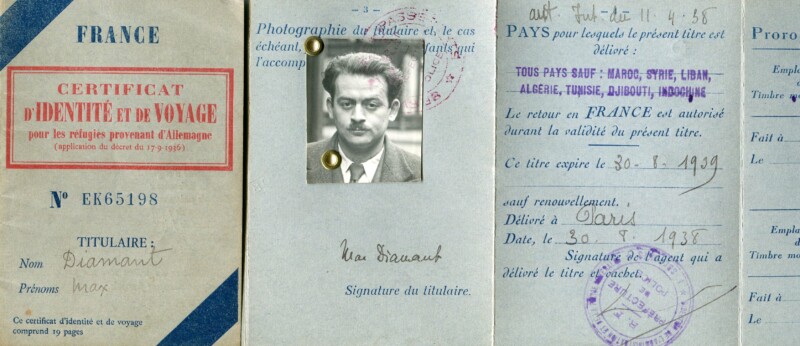
Max Diamant’s Certificate of Identity for Refugees from Germany
In August 1938, Max Diamant receives an identity card that allowes him to stay in France as a refugee.
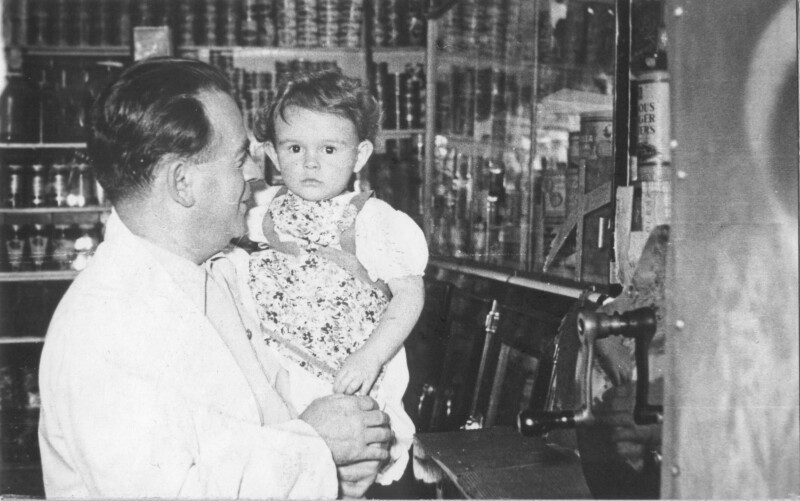 6
6
Max Diamant in Emigration
The pictures from his daughter’s private archive show Max Diamant (1906-1992) with family and friends in Paris, Mexico and Germany.
Max Diamant on His Flight
In an audio contribution from 1983, Max Diamant tells how he was able to cross the Rhine to France unnoticed by ship.
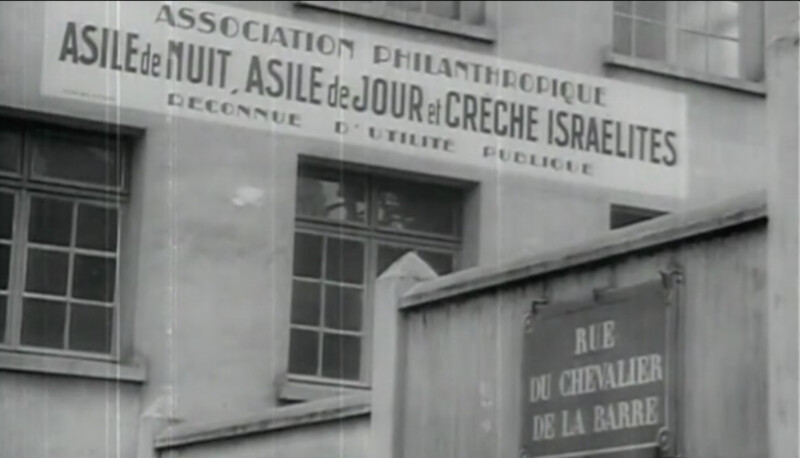
Asile de Nuit, Asile de Jour et Créche Israelites
The history of the Asile de Nuit, Asile de Jour et Créche Israelites (Jewish night asylum, day asylum and day nursery) dates back to…
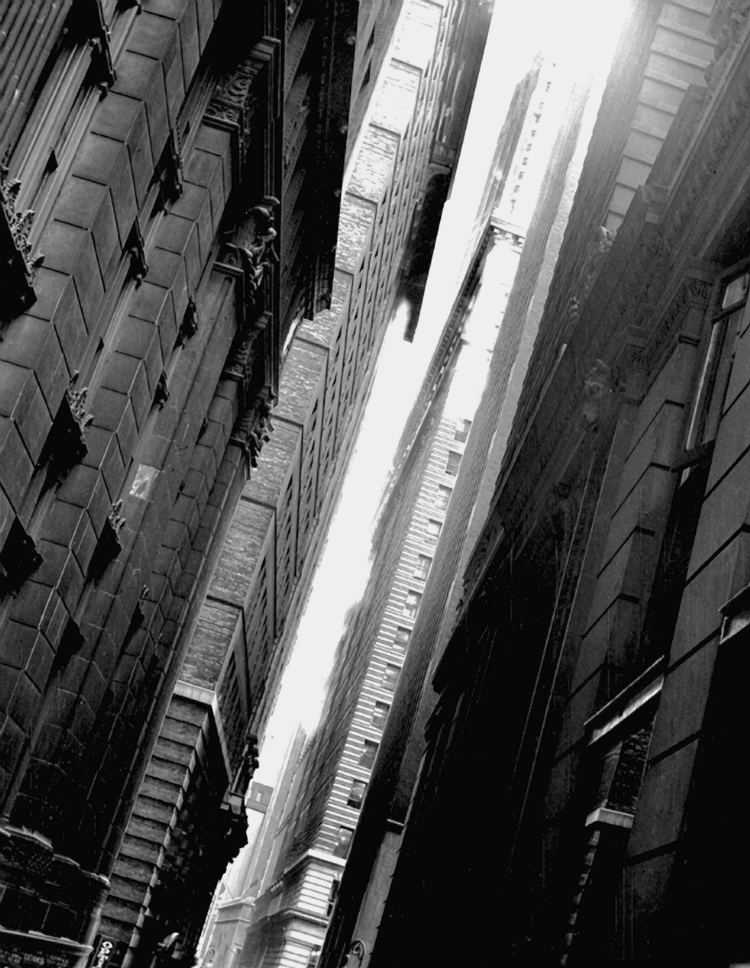
Rivke Zilberg: Lublin still exists
In her work “A Jewish Refugee in New York” Kadya Molodowsky presents the life of the twenty-year-old refugee from Lublin – Rivke Zilberg in…

Rivke Zilberg: A Borrowed World
In her work “A Jewish Refugee in New York” Kadya Molodowsky presents the life of the twenty-year-old refugee from Lublin Rivke Zilberg in New…
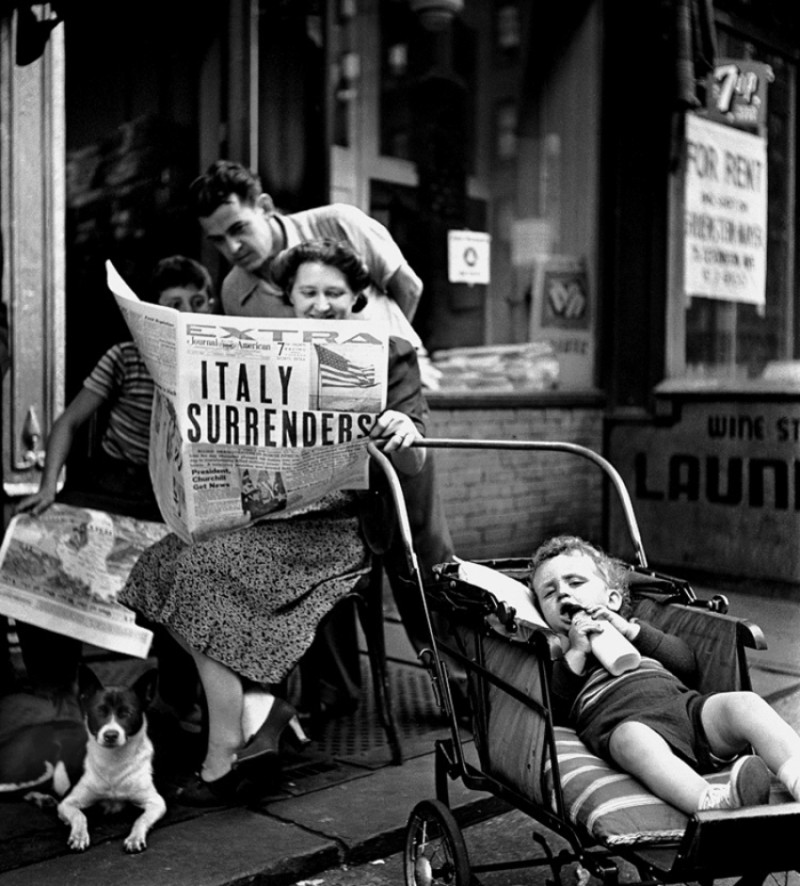
Rivke Zilberg’s Job Search in New York
In her work “A Jewish Refugee in New York” Kadya Molodowsky presents the life of the twenty-year-old refugee from Lublin Rivke Zilberg in New…
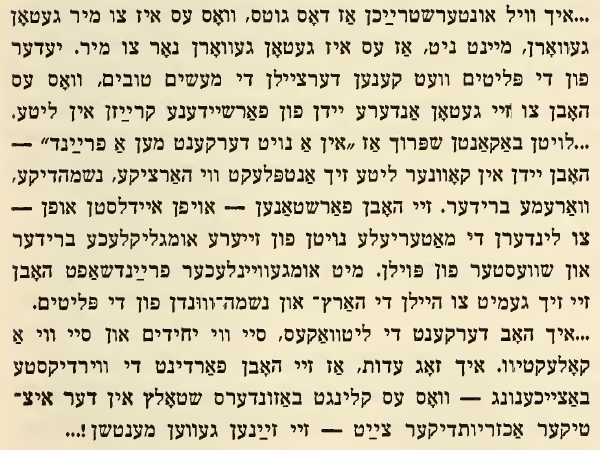
Moyshe Mandelman on the support network and solidarity in Vilnius
In the chaos of war, Moyshe Mandelman (1895-1963) made it to Vilnius in 1940. He was particularly impressed by the local Jewish aid networks…

Herman Kruk about the German invasion of Vilnius, 22 June 1941
On 22 June 1941, Herman Kruk writes about the National Socialists’ invasion of Vilnius and his decision to stay in Vilnius despite all.
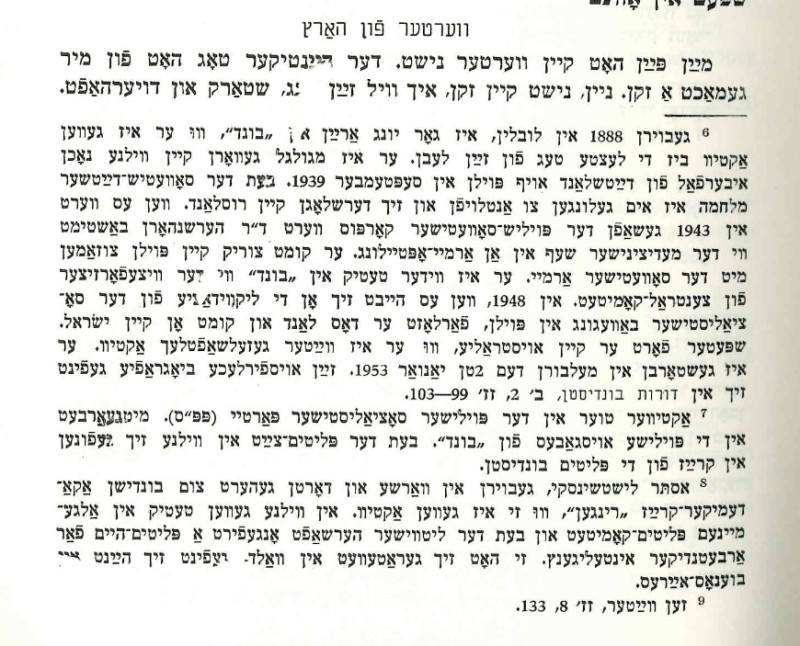
Herman Kruk on hopelessness in Vilnius, June 1941
On 24 June 1941, Kruk writes about his discouragement regarding his futile attempts to leave Vilnius for the USA shortly after the German attack…
Alfred Rosenthal: Emigration from Germany
Alfred Rosenthal describes his departure from Germany to Palestine in 1933 not as an escape but as emigration. Before emigrating from Israel to the…